Retail Zoning
Understand retail zoning in Canadian real estate — how it governs where commercial businesses can operate and what conditions apply.

June 09, 2025
What is Retail Zoning?
Retail zoning is a land use designation that permits commercial activities such as stores, restaurants, and service-based businesses to operate in specific areas.
Why Retail Zoning Matters in Real Estate
In Canadian urban planning, retail zoning guides development, traffic flow, and neighbourhood character by clustering commercial activity in designated corridors or hubs.
Key features include:
- Permitted use lists (e.g., convenience, food, apparel)
- Restrictions on signage, hours, or square footage
- Mixed-use allowances with residential
- Parking and access requirements
Understanding retail zoning helps property buyers, developers, and business owners assess site feasibility and compliance for commercial uses.
Example of Retail Zoning in Action
A property investor verifies that a corner lot is zoned for retail use before purchasing it to build a strip plaza.
Key Takeaways
- Designates areas for retail activity
- Controlled by municipal zoning bylaws
- Includes use, size, and signage rules
- Enables site planning and investment
- Affects development potential and permits
Related Terms
- Zoning
- Mixed-Use Development
- Commercial Property
- Anchor Tenant
- Urban Planning

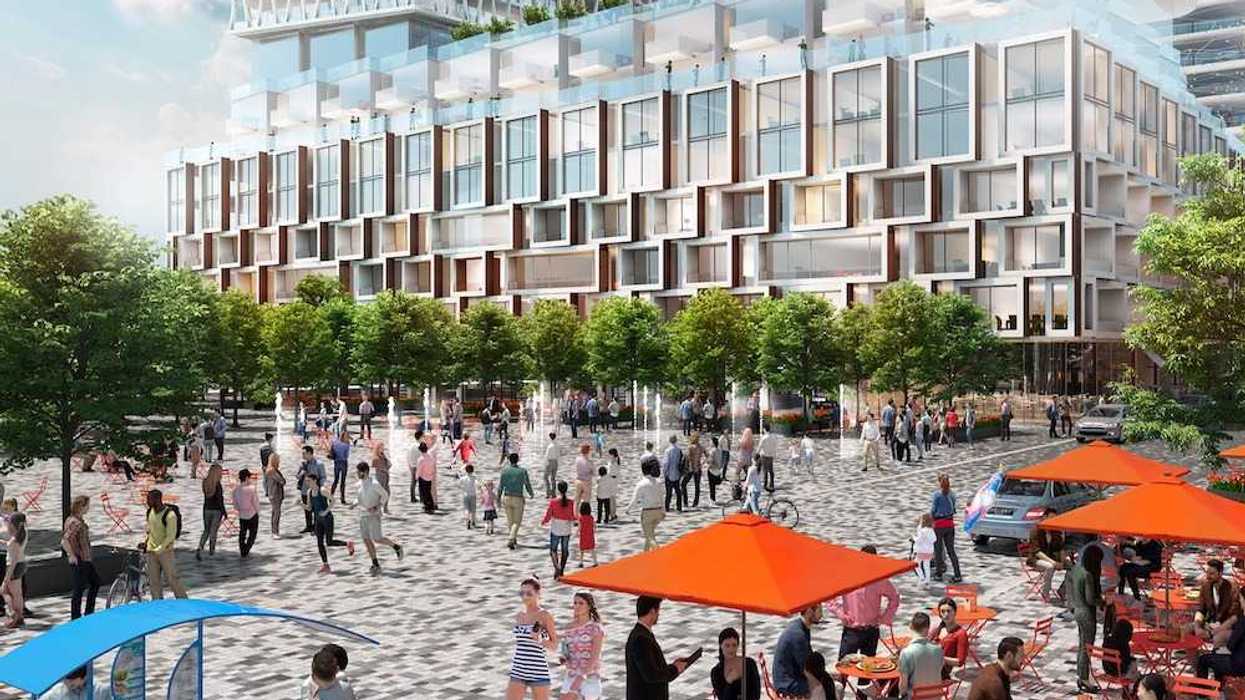
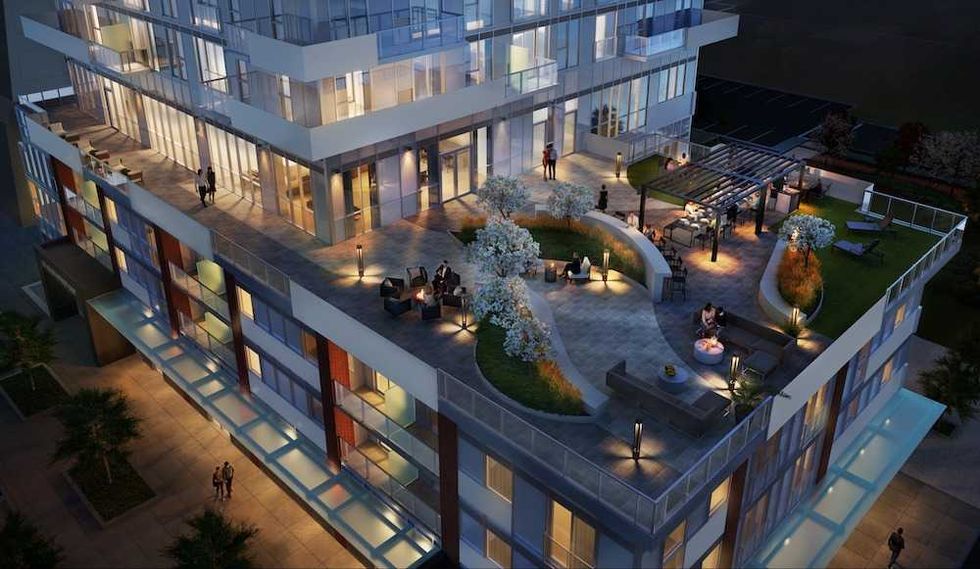 205 Queen Street, Brampton/Hazelview
205 Queen Street, Brampton/Hazelview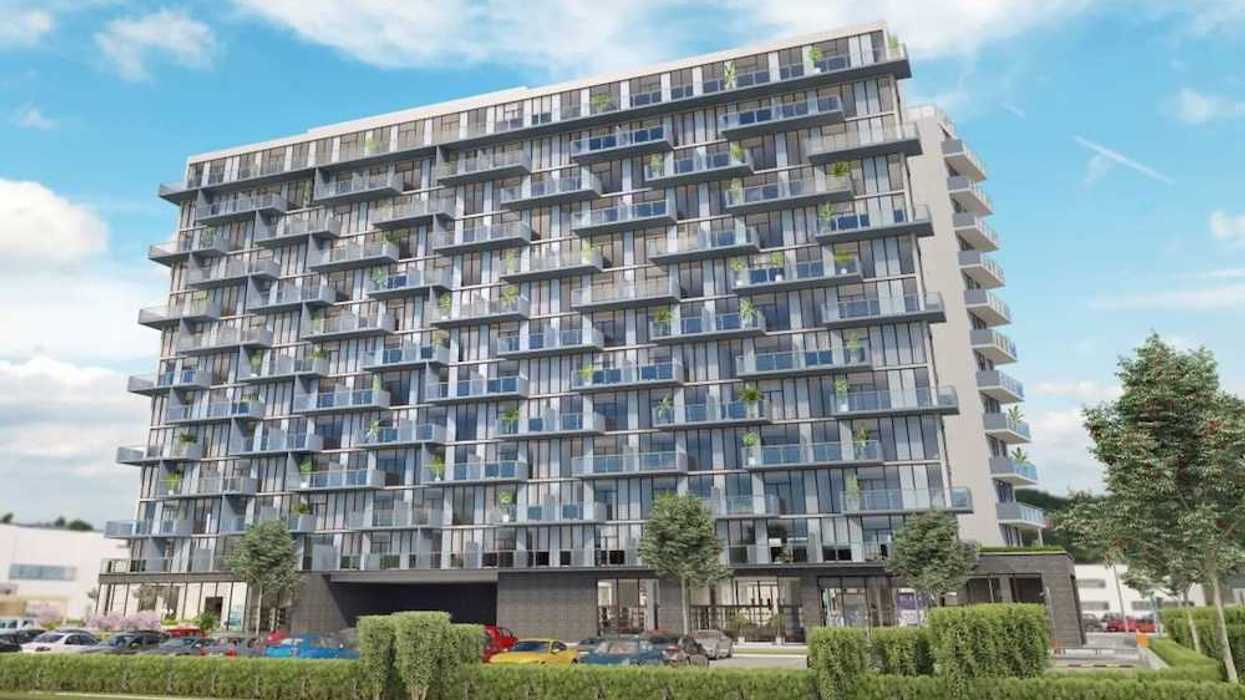




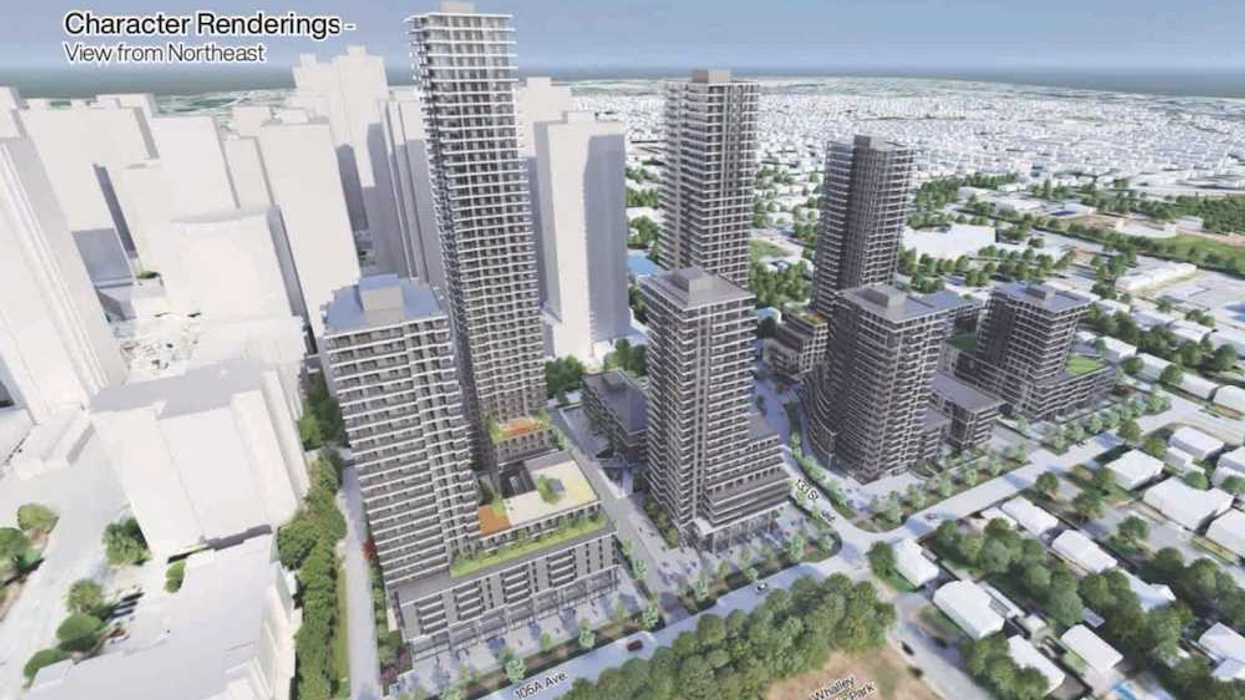


 CREA
CREA
 Liam Gill is a lawyer and tech entrepreneur who consults with Torontonians looking to convert under-densified properties. (More Neighbours Toronto)
Liam Gill is a lawyer and tech entrepreneur who consults with Torontonians looking to convert under-densified properties. (More Neighbours Toronto)

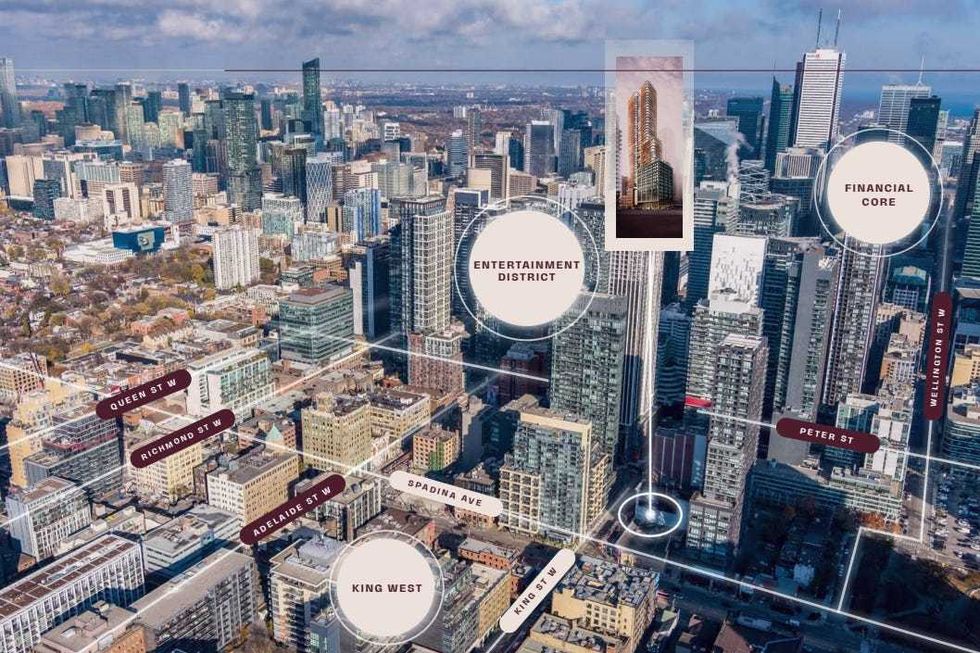 401-415 King Street West. (JLL)
401-415 King Street West. (JLL)
 Eric Lombardi at an event for Build Toronto, which is the first municipal project of Build Canada. Lombardi became chair of Build Toronto in September 2025.
Eric Lombardi at an event for Build Toronto, which is the first municipal project of Build Canada. Lombardi became chair of Build Toronto in September 2025.